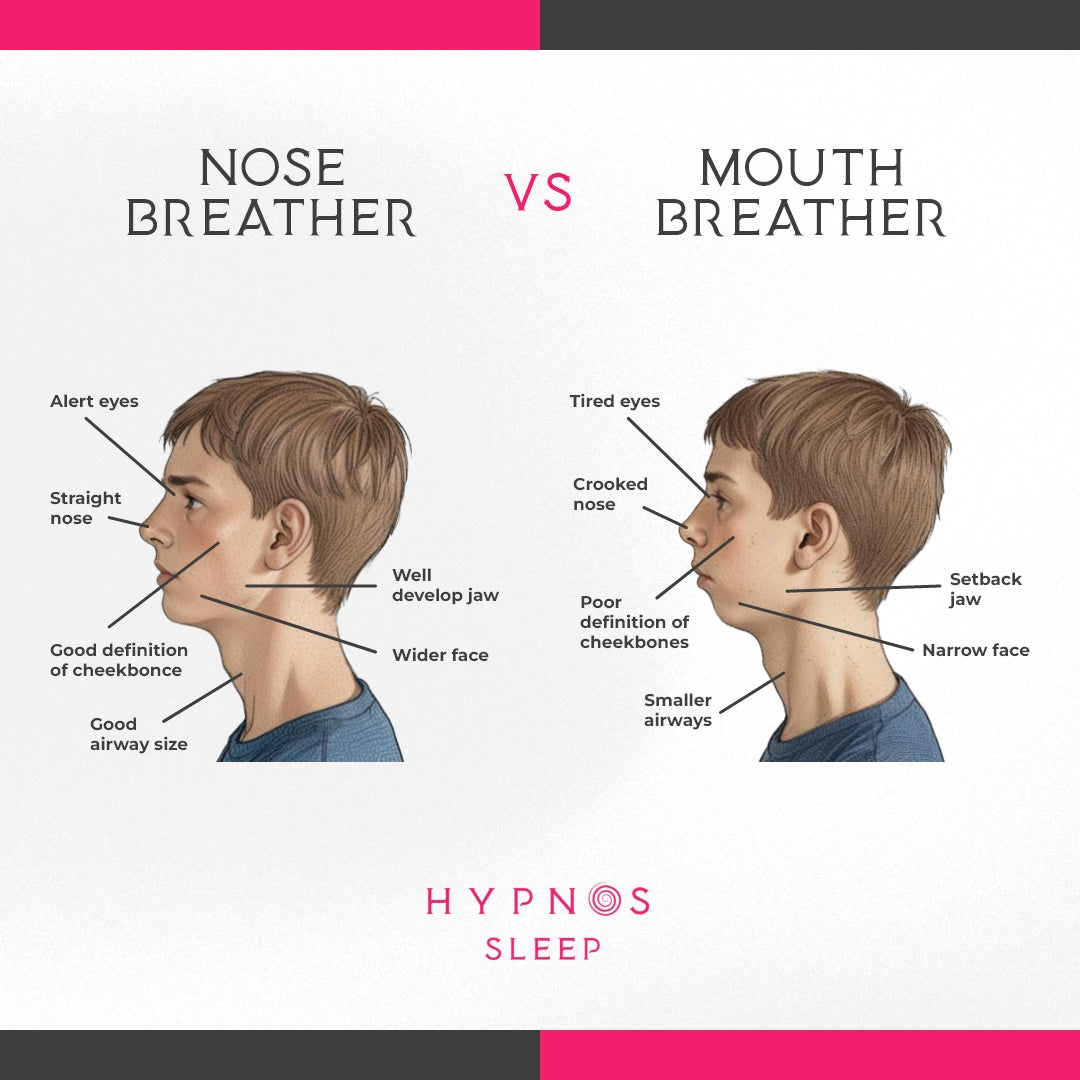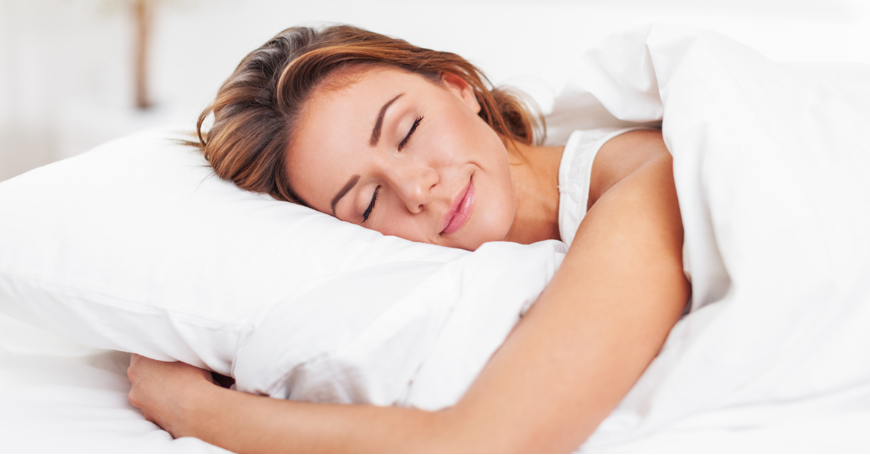We've all heard the saying, "a nightcap before bed helps you sleep better." But is there any truth to this age-old adage? Let's dive into the science behind alcohol's impact on sleep and reveal the unexpected truth that might surprise you.
The Initial Lull: A False Promise of Rest
Alcohol does have a sedative effect, acting as a depressant on the central nervous system. This can lead to a feeling of drowsiness and make it easier to fall asleep initially. However, this doesn't translate to quality sleep.
Alcohol Disrupts Sleep Cycles
While you might drift off faster, alcohol significantly disrupts your sleep architecture. It reduces the amount of time spent in deep sleep, the most restorative stage of sleep crucial for cognitive function and physical recovery.
The Rebound Effect: Waking Up Feeling Worse
As the alcohol wears off in the middle of the night, your body rebounds into a state of hyperarousal. This can lead to:
- Frequent waking up: Disrupting your sleep continuity and leaving you feeling tired and groggy in the morning.
- Nightmares and vivid dreams: Disturbing sleep quality and potentially impacting emotional well-being.
- Dehydration: Alcohol is a diuretic, causing you to lose fluids and contributing to morning headaches and fatigue.
The Long-Term Consequences of Alcohol and Sleep
Chronic alcohol use can have even more detrimental effects on sleep, including:
- Insomnia: Making it difficult to fall asleep and stay asleep, leading to a vicious cycle of dependence on alcohol for sleep.
- Sleep apnea: Worsening symptoms of sleep apnea and increasing the risk of health complications.
- Weakened immune system: Disrupting sleep hinders your body's ability to fight off infections and recover from illness.
The Verdict: Ditch the Nightcap for a Restful Night
Although alcohol might offer a temporary lull, it ultimately sabotages your sleep quality and overall health. Prioritizing healthy sleep habits, like maintaining a regular sleep schedule, creating a relaxing bedtime routine, and avoiding caffeine and alcohol before bed, are far more effective in ensuring a good night's rest.
Remember, sleep is not a luxury; it's a necessity. By making conscious choices and prioritizing healthy sleep habits, you can wake up feeling refreshed, energized, and ready to tackle your day. So, say no to the nightcap and embrace the power of a good night's sleep for a healthier and happier you.
Additional Tips for Better Sleep:
- Exercise regularly, but not too close to bedtime.
- Make sure your bedroom is dark, quiet, and cool.
- Limit screen time before bed.
- Seek professional help if you have chronic sleep problems.
By prioritizing sleep and making healthy choices, you can unlock the full potential of a well-rested and rejuvenated you. Sweet dreams!
Sources:
- National Sleep Foundation: https://www.sleepfoundation.org/
- National Institute on Alcohol Abuse and Alcoholism: https://www.niaaa.nih.gov/
- Mayo Clinic: https://www.mayoclinic.org/healthy-lifestyle/adult-health/basics/sleep/hlv-20049421




Leave a comment
This site is protected by hCaptcha and the hCaptcha Privacy Policy and Terms of Service apply.